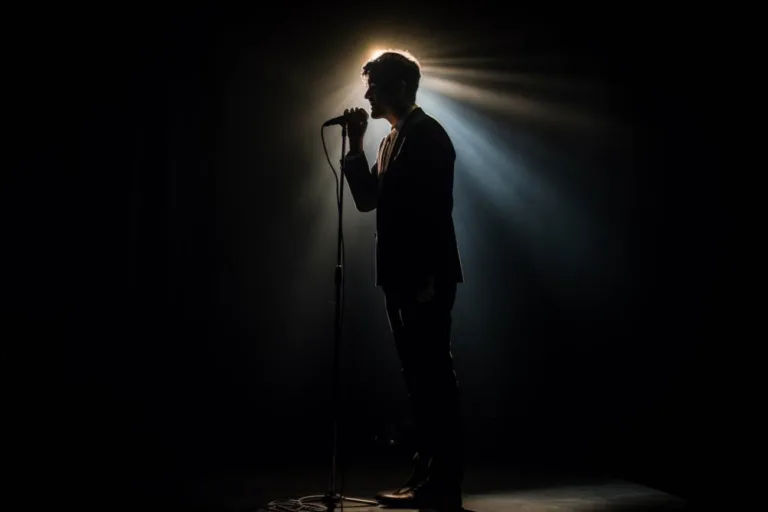Poetry Slam, a captivating and dynamic form of performance poetry, has taken the world by storm with its powerful spoken word expressions and electrifying energy. This article delves into the captivating world of Poetry Slam, exploring its origins, the artistry behind it, and its growing popularity as a medium of self-expression.
The origins of poetry slam
Poetry Slam traces its roots back to the vibrant cultural scene of Chicago in the 1980s. The concept was born when a construction worker named Marc Smith decided to take poetry from the confines of traditional literary spaces and bring it to the streets. He envisioned a competitive and participatory form of poetry, where poets would perform their work in front of an audience and be judged on their delivery and impact.
Smith’s idea quickly gained traction, and the first official Poetry Slam took place in 1986 at the Get Me High Lounge in Chicago. Since then, the movement has spread worldwide, fostering a thriving community of poets and enthusiasts.
The artistry of poetry slam
At the heart of Poetry Slam is the fusion of words, emotions, and performance. Poets craft their verses to resonate with the audience, often addressing deeply personal and social issues. The power of Poetry Slam lies not only in the words themselves but also in how they are delivered.
Each poet has a limited time to perform, usually around three minutes, during which they must captivate the audience with their presence, voice, and passion. The intensity of the competition adds an extra layer of excitement, as judges from the audience score each performance, often with cards displaying scores ranging from 0 to 10.
Many poets use body language, gestures, and vocal dynamics to enhance their delivery, making Poetry Slam a visually and emotionally engaging experience. It blurs the lines between poetry, storytelling, and theater, offering a unique form of artistic expression.
The popularity of poetry slam
Over the years, Poetry Slam has grown in popularity, transcending cultural boundaries and finding a place in diverse communities around the world. This growth can be attributed to several factors:
-
Inclusivity: Poetry Slam is open to everyone, providing a platform for voices that may not be heard in traditional literary circles. It welcomes poets of all backgrounds, ages, and experiences.
-
Accessible Expression: Unlike some art forms that require expensive equipment or resources, Poetry Slam requires only words and a willingness to perform. This accessibility has made it a vehicle for self-expression and social commentary.
-
Community Building: Poetry Slam events foster a sense of community among poets and audience members alike. They provide a space for dialogue, empathy, and shared experiences.
-
Youth Engagement: Poetry Slam has found a special place in education, with many schools and organizations using it as a tool to engage young people in creative expression and self-confidence building.
Frequently asked questions
What is the goal of Poetry Slam?
The goal of Poetry Slam is to celebrate the art of spoken word poetry and provide a platform for poets to share their work with a live audience. It also aims to engage and entertain the audience while fostering a sense of community among poets and spectators.
How are Poetry Slam winners determined?
Poetry Slam winners are determined by a panel of judges selected from the audience. These judges assign scores to each performance based on criteria such as content, delivery, and impact. The highest and lowest scores are usually dropped, and the remaining scores are added to determine the winner.
Can anyone participate in a Poetry Slam?
Yes, Poetry Slam is open to poets of all skill levels and backgrounds. Many events have open mic segments where anyone can sign up to perform. It’s a welcoming and inclusive art form that encourages creative expression.
Where can I find Poetry Slam events near me?
You can find Poetry Slam events in various cities and communities. Check local event listings, poetry clubs, or online platforms dedicated to poetry to discover upcoming events near you. Many cities also host annual poetry slam competitions.
Is memorization required for Poetry Slam performances?
While many Poetry Slam poets do memorize their pieces for a more impactful performance, it’s not a strict requirement. Some poets may choose to read their work from paper or screens. What matters most is the delivery and connection with the audience.
Se även nedan:






